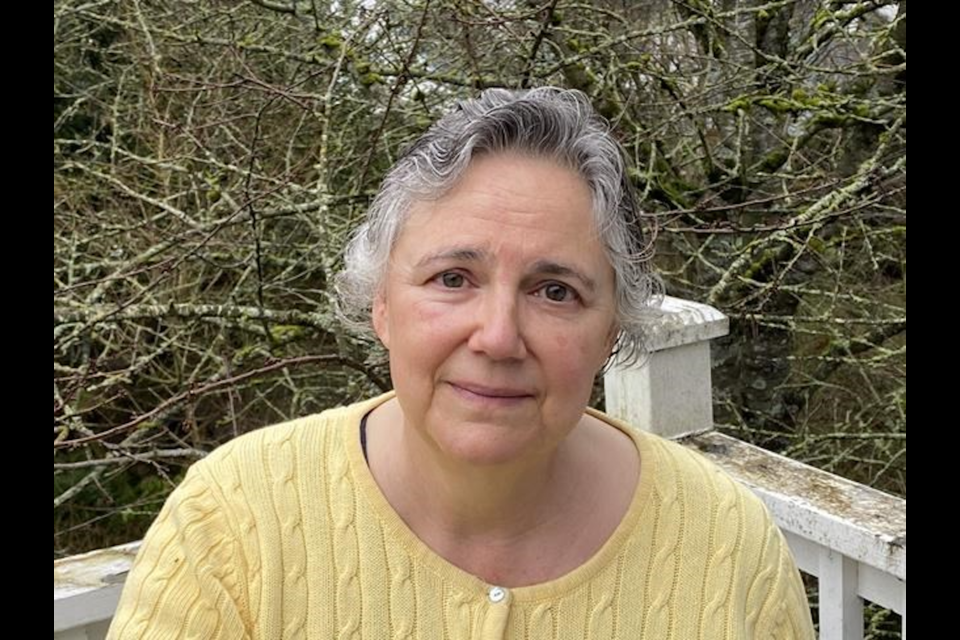Science reporter Lorraine Graves caught COVID-19 during the first wave of the virus back in the spring of 2020.
Today, she is one of the 15% of those who were infected who, according to a Government of Canada survey, suffer from long COVID.
Unfortunately, she is also one of the about 20% of those whose symptoms limit their daily activities.
"I got very sick. And I just never really got that much better," she said.
Among other symptoms, she suffers from extreme exhaustion, brain fog, body pain, balance issues, and post-exertional malaise (PEM), which means she gets sicker if she does too much.
"It's hard. It's depressing. I get an hour a day where I can think hard or talk vibrantly, or be up and about and maybe do laundry or make a light supper," she said.
Graves is part of a new and unique research project working to find out more about long COVID and ultimately improve the lives of its sufferers.
Those behind the long COVID Patient Experience Project are asking Sea to Sky adults living with long COVID to be citizen scientists to help researchers learn more about the illness.
Long COVID is a group of symptoms that lasts for at least three months after an initial coronavirus infection.
Patients can upload symptoms
The project includes an online portal — patientscientist.ca — where those with long COVID can upload their symptoms anonymously.
Participants can enter symptoms into the survey at their own pace and compare their symptoms with others.
The most common symptoms noted in the Government of Canada survey were fatigue, coughing, shortness of breath or difficulty breathing, brain fog and general weakness.
Health researchers will access the data, with one of the project's goals being to improve patient care and support.
Crowdsourcing data to empower
The crowdsourcing of information is a way to reach folks throughout B.C. who may not necessarily be accessing a family doctor or a COVID clinic to share their experiences, said
Dr. Linda Li, a professor at UBC. and co-lead for the project.
"We also know that specialist care for long COVID is few and far between across the country and in our province. So really, when the data is being collected from people who have the opportunity to seek care, it's just the tip of the iceberg," she said.
The information sufferers submit to the site will help scientists to formulate research questions, Li noted.
"We truly just want to be able to contribute knowledge and introduce the voice of people to add to that tip of the iceberg so that we can get to the answers around how do we define long COVID? What sort of training and resources need to be available? And how should people be followed in terms of their care in the healthcare system? We need this knowledge to do better."
Graves is one of six patient partners who provided insight to help create the online portal.
She encourages anyone in the corridor who thinks they have or have had long COVID to go on the website.
"It's empowering. It validates your experience as a person with long COVID. You are the expert on how you feel and what you feel," she said.
She also encourages sufferers to join the COVID Long Haulers Support Group Canada Facebook group.
"You are really not alone. ... There is hope," Graves said.
Find the long COVID Patient Experience Project website at patientscientist.ca.
The project is funded by the BC SUPPORT Unit, which supports patient-oriented research throughout the province.



